Annual figures released by the Department for Transport show that 2.9 million new vehicles were registered in Great Britain during 2018, 5% fewer than during 2017.
There was a 30% decline in the number of new diesel cars being registered in 2018 compared with 2017, to 736,000 cars, which is below the 2008/09 recession dip and similar to 2003 registrations.
This was the second year of decline, following the 17% decrease in new diesel car registrations in 2017. Since 2016, registrations fell by 42% with 527,000 fewer diesels being registered for the first time.
Diesel cars accounted for 47% of all new car registrations in 2016, but this dropped to 31% in 2018.
In 2018 the number of new petrol cars registered increased by 9% and alternative fuel cars were up 22%.
Looking at the total number of registered cars, however, diesel cars were only down 1% from 40% in 2017 to 39% (12.4m cars), with petrol cars accounting for 59% (18.5m) and there were 620,000 alternative fuel vehicles (2%).
RAC head of roads policy Nicholas Lyes said: “While the number of licensed vehicles on our roads is up slightly, 2018 overall was a bad year for new vehicle registrations, and especially for the sale of new diesels. The data suggests people may be holding onto their vehicles for longer, particularly older diesels, no doubt due to the uncertainty about what type of vehicle they should be opting for next.
“A rise in the number of ultra-low emission vehicle registrations is welcome, but ultimately sales of these vehicles still only make up just over 2% of all new vehicles sold. We really need to see this accelerate more quickly if air quality is to be improved. With many manufacturers launching new models with better battery range, the outlook is much more positive.”






















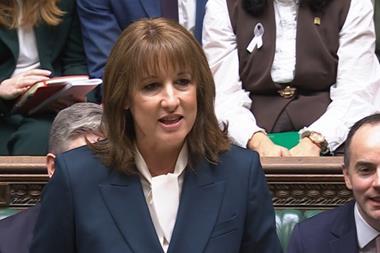

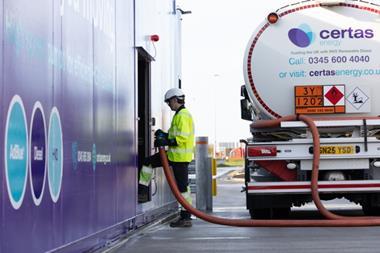



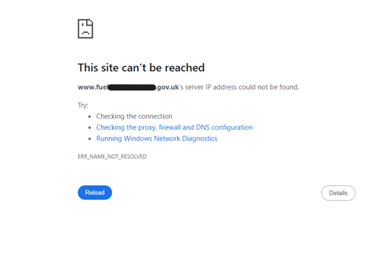
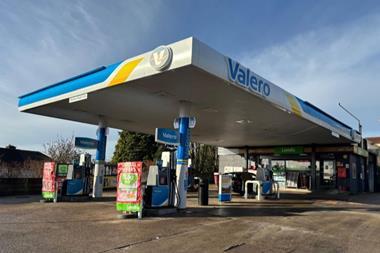
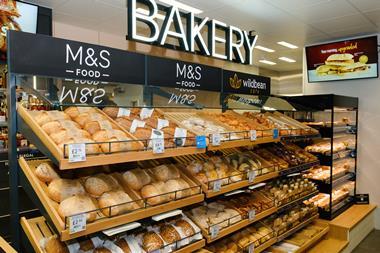


No comments yet